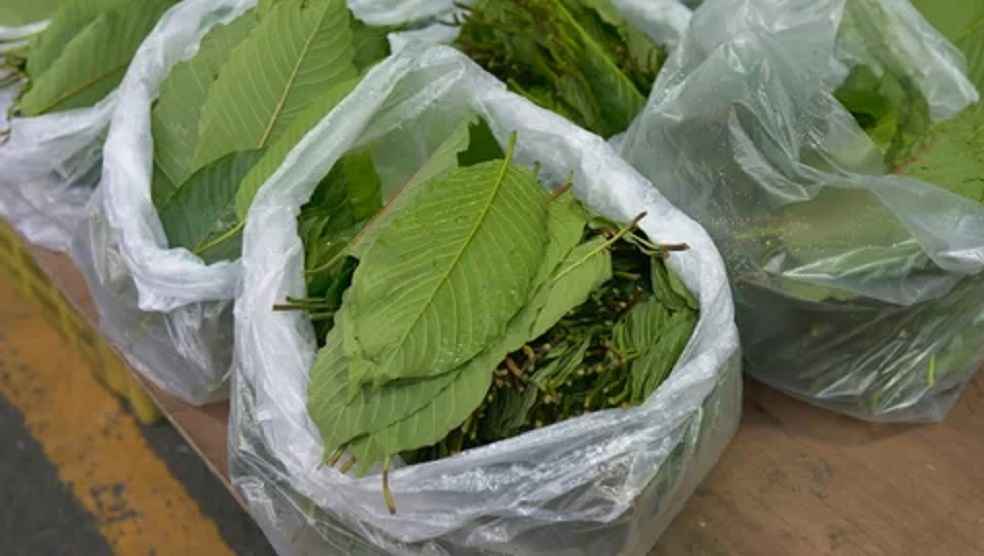Indonesia has rolled out new regulations to govern the kratom export, marking a strategic move to enhance the plant’s global trade value. The new directives fall under Minister of Trade Regulation Number 20 of 2024, amending earlier provisions in Permendag Number 22 of 2023, alongside updated guidelines in Permendag Number 21 of 2024.
Isy Karim, Director General of Foreign Trade, stated that these regulations aim to elevate the international standing of Indonesian kratom exports, ensuring higher quality standards and increased global acceptance. The plant, known for its medicinal benefits, now faces stricter export conditions, which include mandatory tests to ensure the absence of microbial contamination, heavy metals, and unwanted plant material.

Karim revealed that these new measures directly follow an internal meeting chaired by President Jokowi. Decisions made during that session called for precise export standards to boost kratom’s market value and provide legal clarity for exporters.
The regulations specifically target kratom’s export trade, leaving domestic use untouched. This move ensures that kratom adheres to international standards while preventing misuse. Businesses looking to engage in kratom export are required to meet strict conditions, such as being listed as a Registered Exporter (ET), obtaining an Export Approval (PE), and securing a Surveyor Report (LS).

Ministerial Regulation No. 20 of 2024 outlines which types and quantities of kratom are now prohibited for export. Those with previously issued export customs notification numbers are exempt from these restrictions. Meanwhile, Regulation No. 21 of 2024 specifies permissible forms of kratom for international markets.
Karim urged businesses to comply with these new rules, stressing the importance of maintaining Indonesia’s competitive edge in the global kratom market. This step reinforces Indonesia’s position as a major player in the sustainable trade of kratom, ensuring both quality and economic growth.
BUSINESS GENERAL | Vietnam Plans Global Trade Hub to Boost Textile and Footwear Self-Reliance



